Artificial intelligence is advancing at an unprecedented pace, poised to dramatically reshape industries, revolutionize daily life, and redefine society itself over the next ten years. As AI systems become more sophisticated, understanding the key trends and upcoming developments becomes essential for businesses, governments, and individuals alike. Anticipating the impact of these changes will empower us to adapt, innovate, and thrive in a world where AI is increasingly integral.
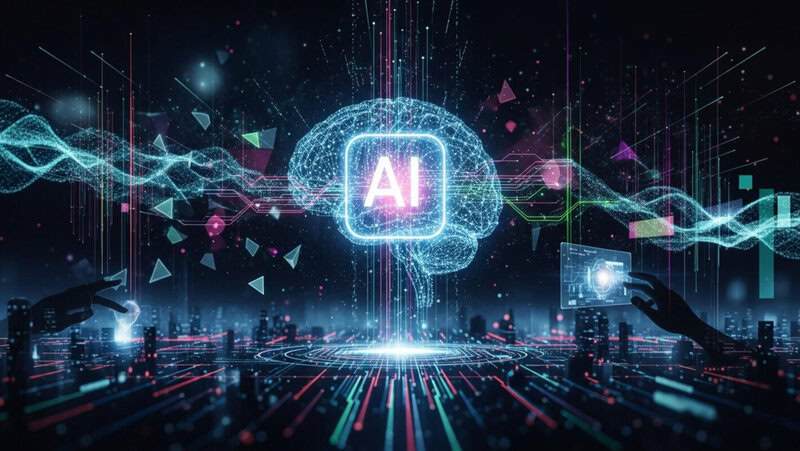
What to Expect from AI in the Next Decade
1. Greater Personalization in Everyday Life
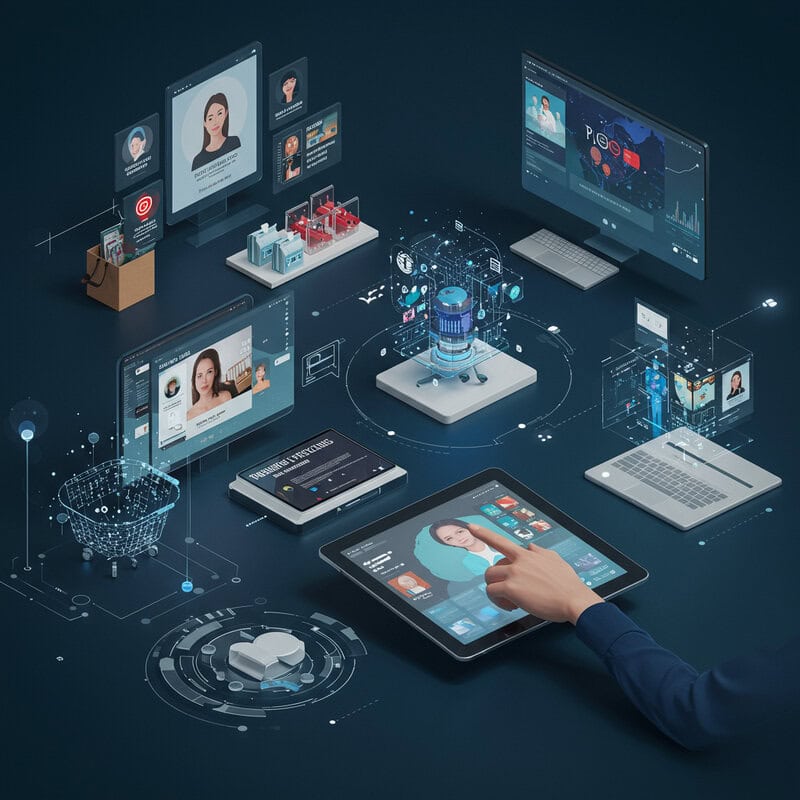
AI is driving a new era of hyper-personalization across industries such as retail, entertainment, and online services. Consumers can expect more accurate product suggestions, tailored content feeds, and precisely targeted advertising based on their preferences and behaviors.
For instance, advanced recommendation systems on platforms like Netflix and Amazon already leverage AI to enhance user experience, and these capabilities will only deepen. As such systems evolve, they will shape not just individual choices but also broader societal consumption patterns. For further insights, see Brookings on AI’s societal transformation.
2. Healthcare Revolutionized by AI
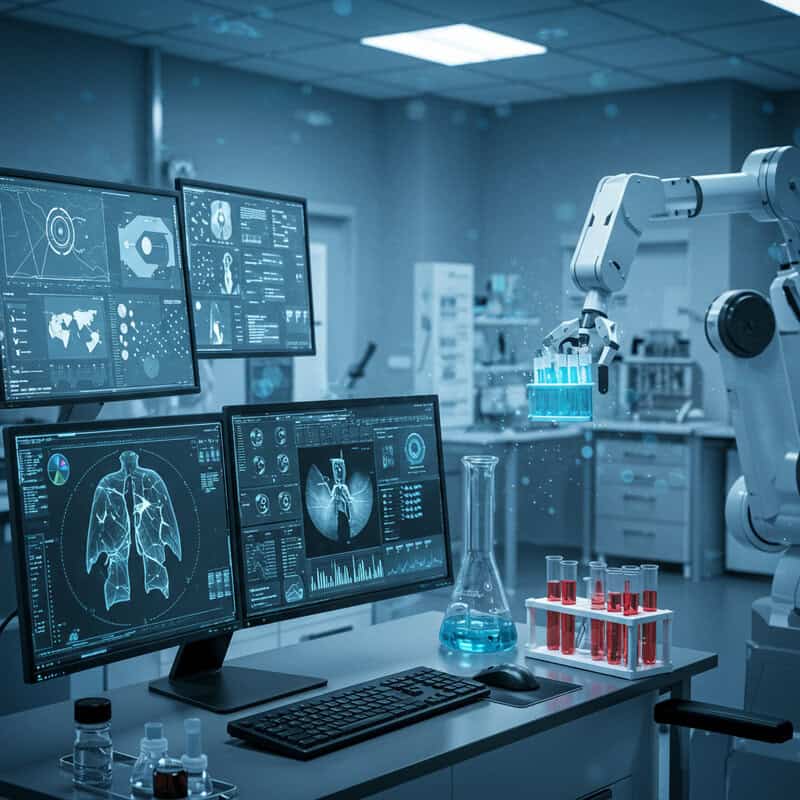
Artificial intelligence is set to transform healthcare by enhancing diagnostics, accelerating drug discovery, and improving patient care. AI-powered tools can analyze medical images with high accuracy, leading to earlier and more reliable disease detection. Predictive analytics will enable proactive interventions, reducing hospitalizations and healthcare costs.
In drug development, AI is expediting the identification of promising compounds, potentially shortening timelines for new therapies. These advancements promise not only better outcomes for patients but also greater efficiency within healthcare systems. Learn more from this Nature Digital Medicine article.
3. Autonomous Vehicles and Smart Transportation

AI is propelling the evolution of autonomous vehicles and intelligent transportation systems, promising significant improvements in road safety and urban mobility. Self-driving cars are advancing through rigorous pilot programs, while AI-powered traffic management is reducing congestion and optimizing city infrastructure.
These innovations have the potential to lower accident rates and reshape urban planning. However, regulatory frameworks and safety standards are still evolving to address concerns about reliability and public trust. To explore current initiatives and regulatory updates, visit the NHTSA Automated Vehicles Safety page.
4. Enhanced Cybersecurity with AI
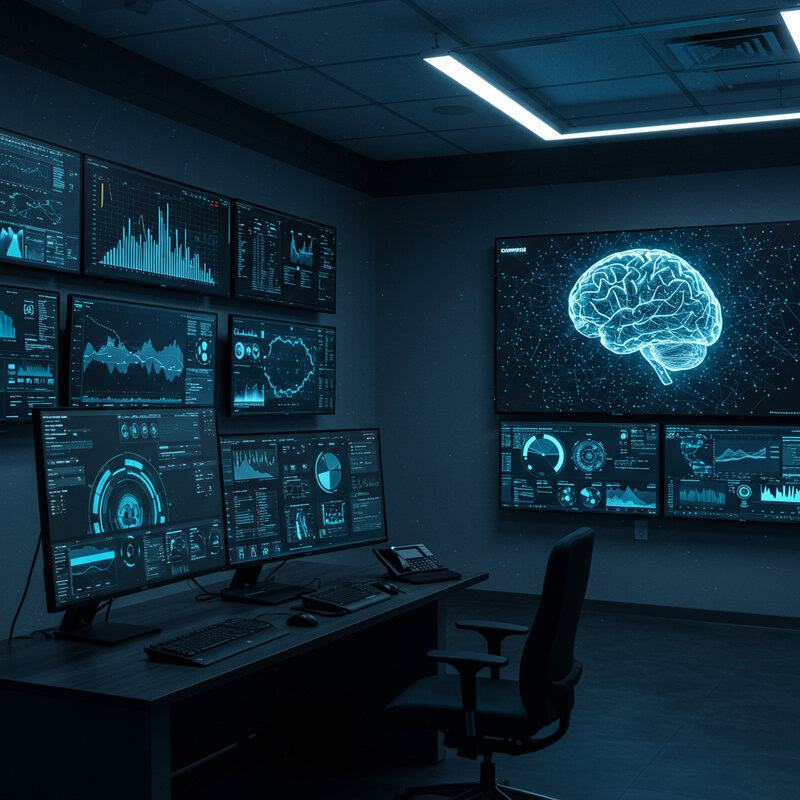
AI is rapidly transforming cybersecurity by enabling faster and more accurate detection of cyber threats, automating incident responses, and strengthening protection for sensitive data. Unlike traditional security systems that rely heavily on predefined rules, AI-driven solutions can adapt to emerging threats in real time, identifying anomalies and patterns that would otherwise be missed. These advanced systems help organizations stay ahead of increasingly sophisticated cyberattacks, minimizing potential damage and data breaches. For an in-depth look at this evolution, visit CSO Online’s article on AI and cybersecurity.
5. AI-Driven Education and Personalized Learning
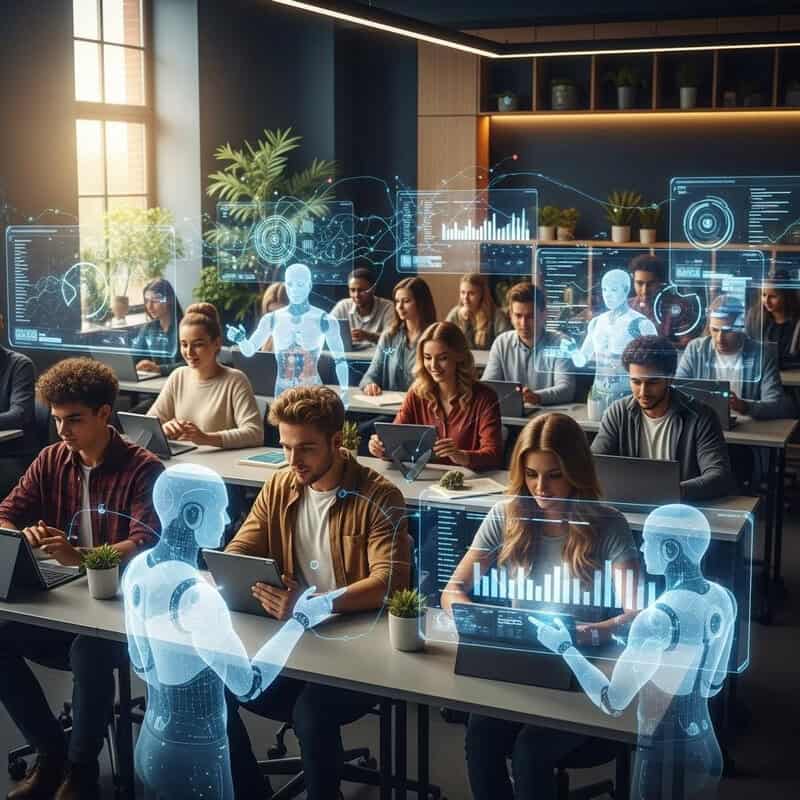
AI is reshaping education by powering adaptive learning systems and virtual tutors that cater to individual student needs. These technologies analyze student progress in real time, adjusting content and feedback to support mastery of concepts and close educational gaps.
EdTech platforms such as Duolingo and Carnegie Learning utilize AI algorithms to personalize lessons, making education more engaging and effective for diverse learners. As these solutions become more widespread, they hold the promise of democratizing access to quality education and improving outcomes globally. Learn more from Edutopia’s article on AI in education.
6. The Rise of Generative AI and Creative Tools
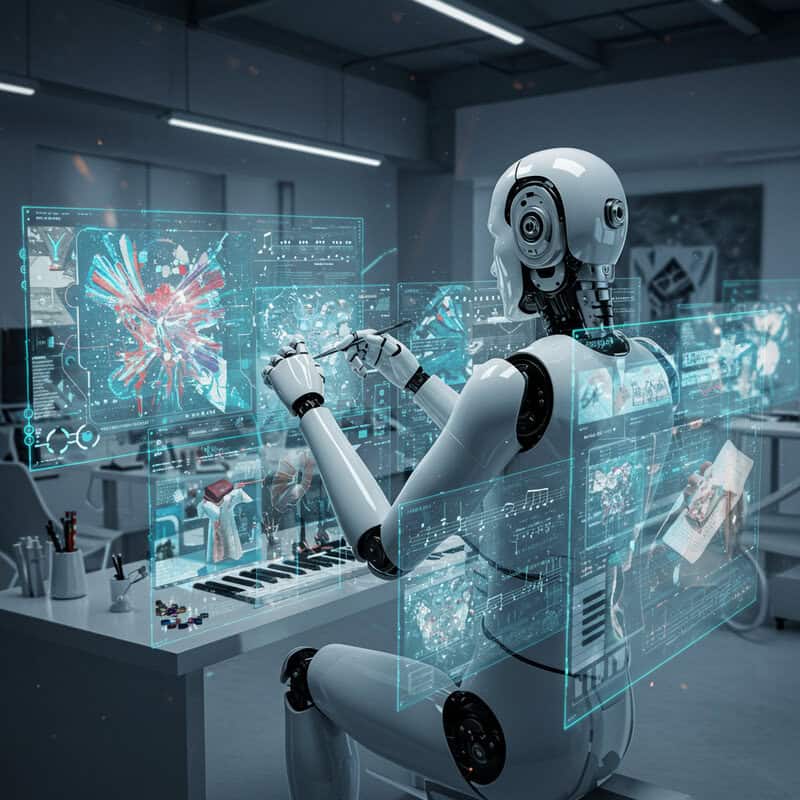
Generative AI has ushered in a new era for creative industries by enabling machines to produce art, music, and written content with remarkable sophistication. Tools like DALL-E generate unique visual artwork from text prompts, while platforms such as ChatGPT craft articles, stories, and dialogue.
These innovations are transforming the creative process, allowing artists and writers to experiment, collaborate, and push boundaries in unprecedented ways. As generative AI becomes more accessible, it is redefining creativity and raising important questions about originality and authorship. Discover more in The New York Times’ feature on generative AI.
7. Smarter Homes and IoT Integration
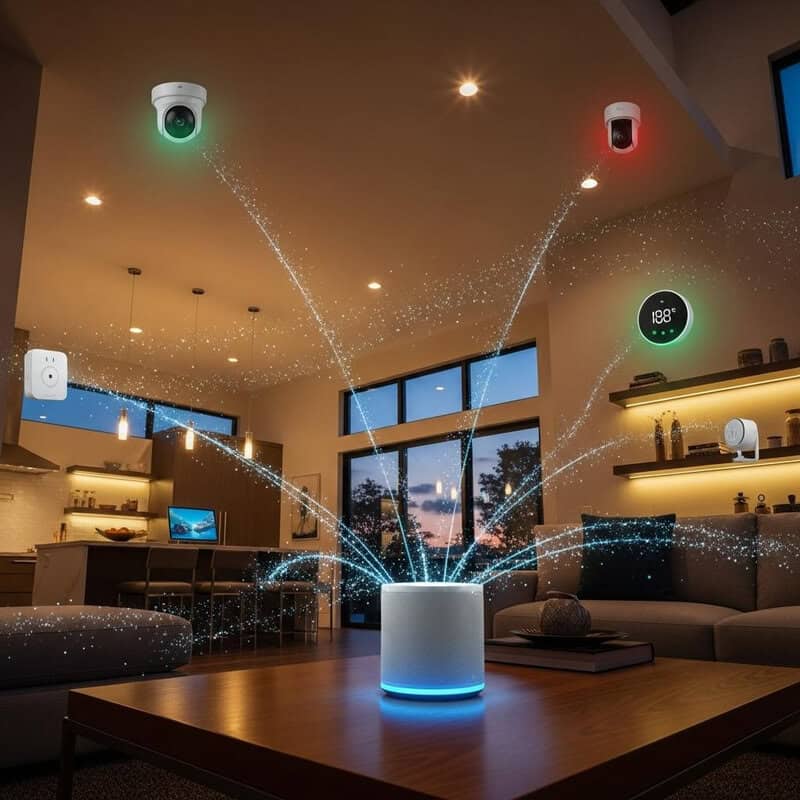
AI is set to revolutionize smart homes by seamlessly connecting devices and enabling predictive automation that enhances comfort, convenience, and energy efficiency. Intelligent assistants will anticipate user needs, optimize appliance usage, and proactively manage lighting, temperature, and security systems.
Integration with the Internet of Things (IoT) will create cohesive ecosystems where devices communicate and coordinate in real time. These advancements promise not only greater personalization but also significant reductions in energy consumption and costs. To learn more about AI’s growing role in smart home technology, visit Forbes Tech Council’s article.
8. AI in Climate Science and Environmental Solutions
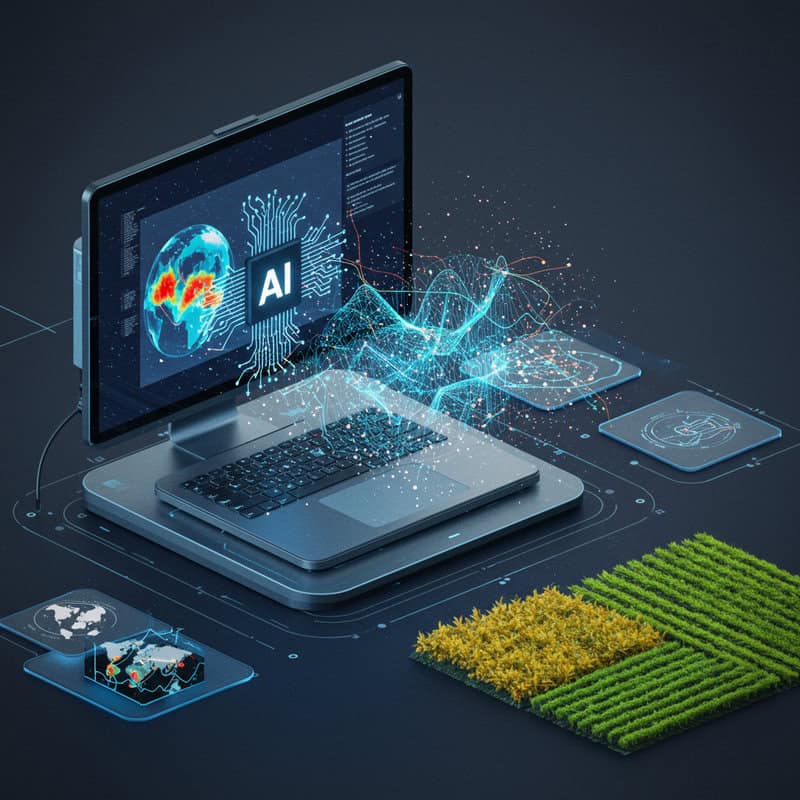
AI is playing a pivotal role in addressing environmental challenges by improving climate modeling, enhancing disaster prediction, and promoting sustainable agriculture. Machine learning algorithms can process vast datasets to forecast weather extremes and model climate change scenarios with greater accuracy.
In agriculture, AI systems optimize crop yields and reduce resource usage by analyzing soil, weather, and plant data. Environmental monitoring is also benefiting from AI-powered analysis of satellite imagery to track deforestation and species populations. For more on these applications, see Nature’s article on AI and climate science.
9. Workplace Automation and Changing Job Roles
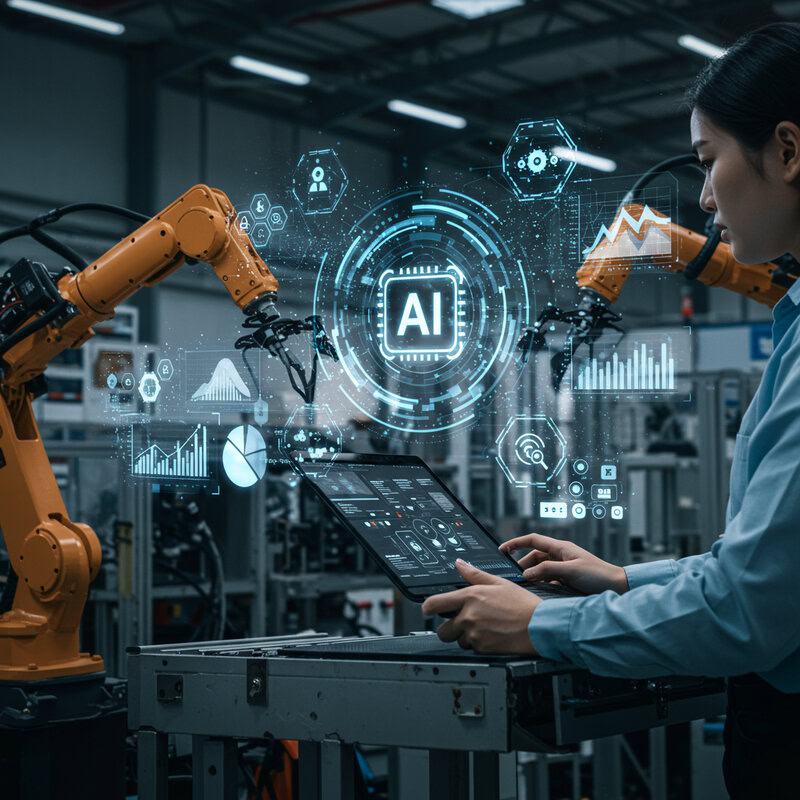
AI is set to automate a wide range of repetitive tasks, fundamentally altering job requirements and fueling demand for new skill sets. In manufacturing, robots and smart systems handle assembly and quality control, while in finance, AI streamlines data analysis and fraud detection.
Service industries are also witnessing automation in areas like customer support and scheduling. As these trends accelerate, workers will need to adapt by acquiring digital and analytical skills, enabling them to thrive in a more automated landscape. For an in-depth analysis, visit McKinsey’s future of work report.
10. Legal and Ethical Frameworks for AI
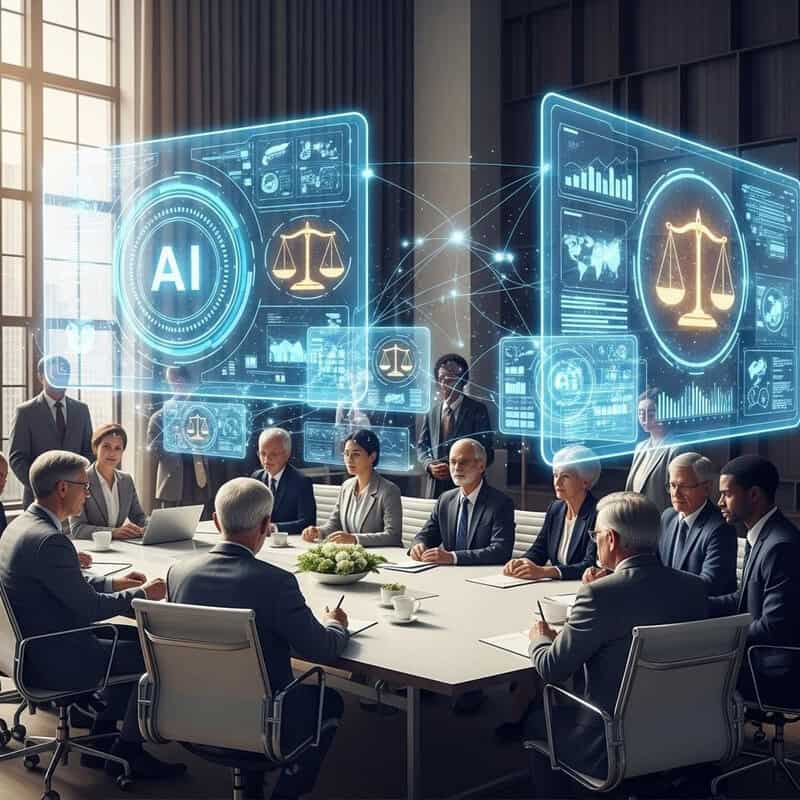
The expansion of AI is driving the evolution of governance and ethical standards to safeguard transparency, accountability, and fairness. Efforts are underway globally to develop regulatory frameworks that address algorithmic bias, data privacy, and responsible AI design.
Initiatives like the European Union’s AI Act and international collaborations seek to create harmonized standards, but challenges remain around enforcement and global consensus. As AI becomes more integral to society, robust legal and ethical frameworks will be essential for public trust and equitable outcomes. Explore ongoing global initiatives at the World Economic Forum.
11. AI-Enhanced Financial Services
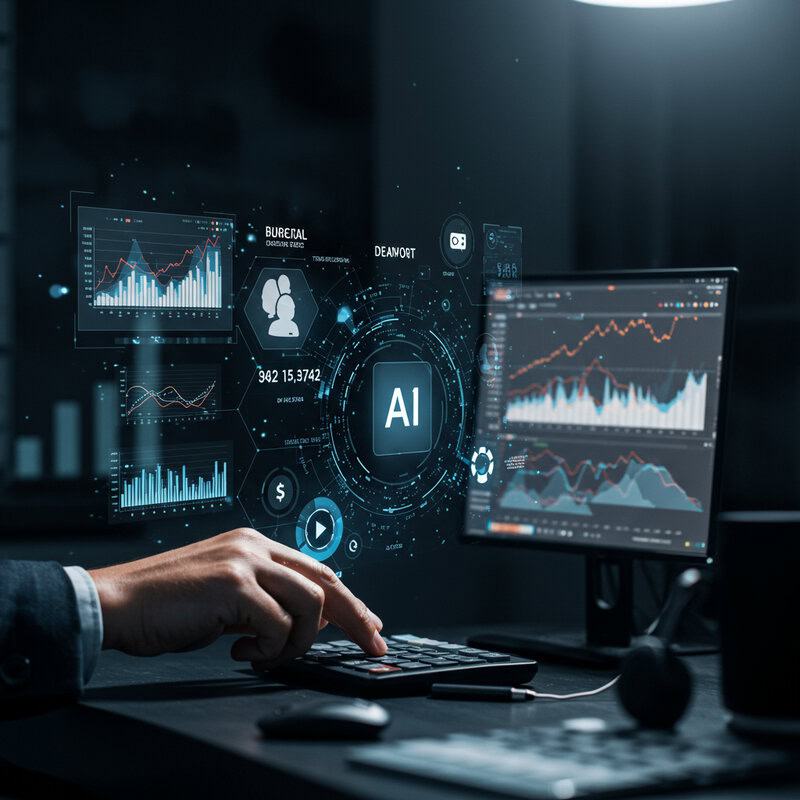
AI is transforming the financial sector by revolutionizing fraud detection, enabling sophisticated algorithmic trading, and automating customer service processes. Traditional financial models relied on manual oversight and rigid rules, while AI-driven systems continuously analyze massive datasets to flag suspicious activity in real time and optimize investment strategies.
Virtual assistants powered by AI now provide 24/7 personalized banking support, streamlining operations and enhancing customer experience. These advancements are making financial services more secure, efficient, and accessible. For further insights on AI’s impact in finance, visit Investopedia’s guide on AI in finance.
12. Advanced Language and Communication Tools
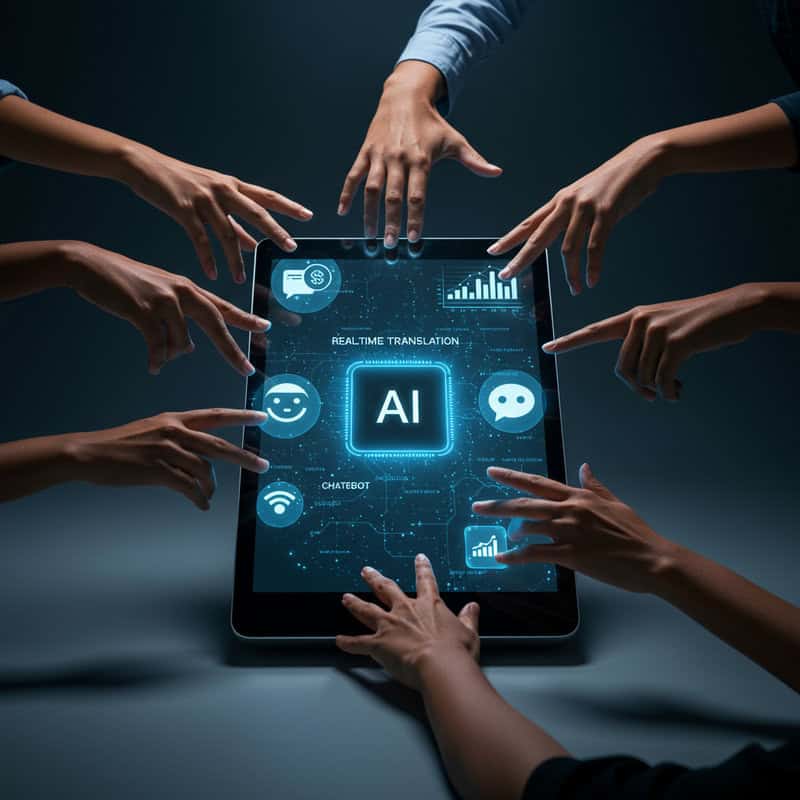
AI is dramatically advancing language and communication technologies through innovations such as real-time translation, emotion recognition, and intelligent chatbots. Major technology companies like Google and Microsoft have introduced AI-powered translation services that bridge language barriers instantly, fostering global collaboration.
Emotion recognition tools are enhancing customer service by enabling more empathetic interactions, while chatbots powered by advanced language models offer rapid, accessible support across various platforms. These developments are making communication more inclusive and efficient. For more on these innovations, read the BBC’s coverage on AI-driven communication tools.
13. AI in Scientific Discovery and Research
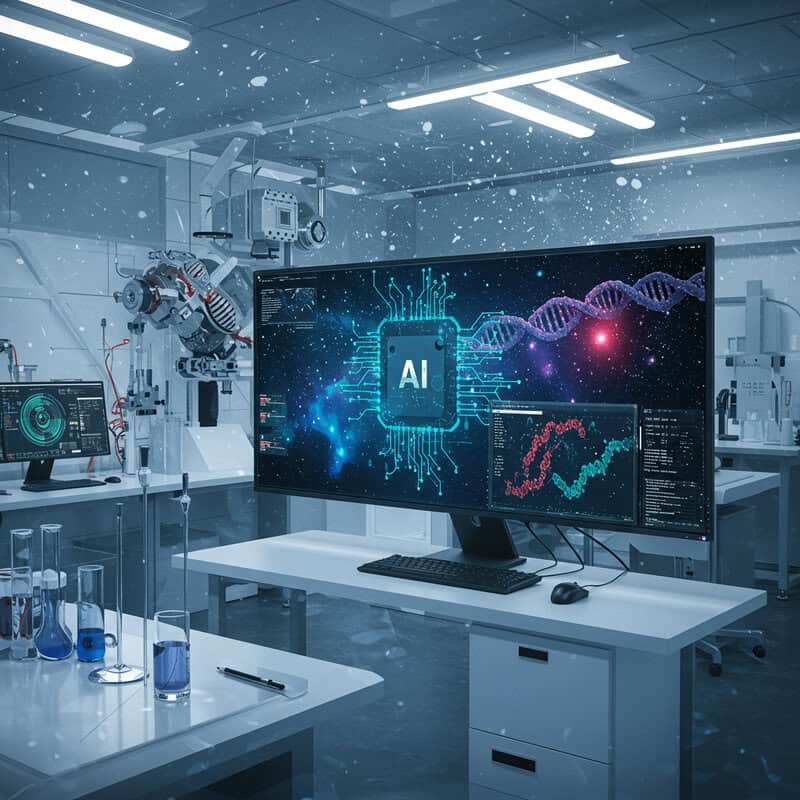
AI is revolutionizing scientific discovery by rapidly analyzing vast datasets, identifying patterns, and generating novel hypotheses across disciplines. In genomics, AI algorithms are accelerating the mapping of genetic variations and their links to disease. Space agencies utilize AI to sift through astronomical data, aiding the search for new planets and phenomena.
Projects like DeepMind’s AlphaFold, which predicts protein structures, showcase AI’s transformative power in biology. These advancements enable researchers to make breakthroughs faster and more efficiently. For more examples of AI-driven scientific progress, visit Scientific American’s article on AI in science.
14. Expanding AI Accessibility and Global Reach
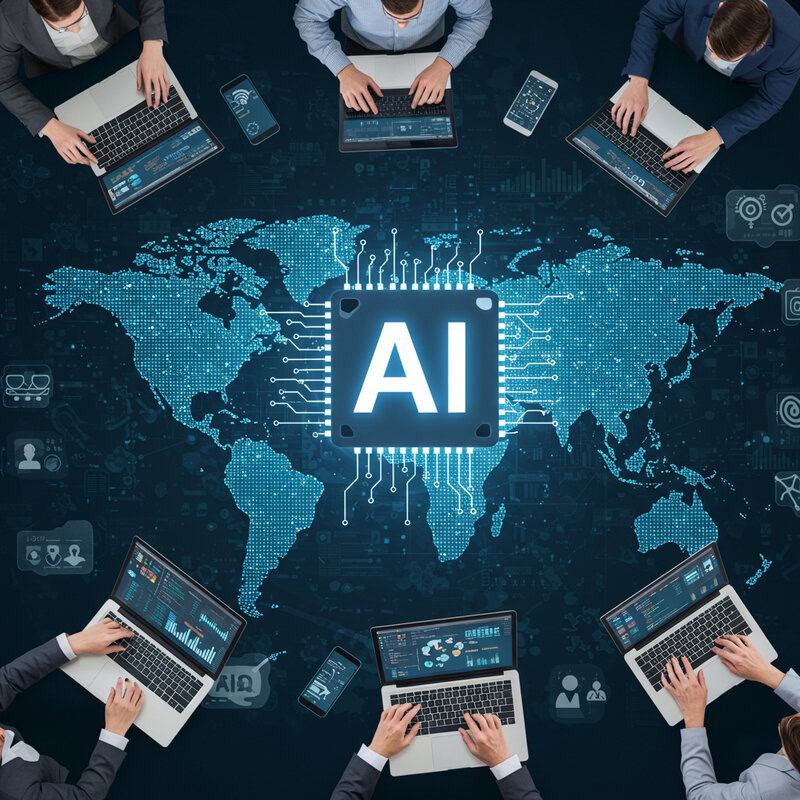
The democratization of AI is accelerating as open-source frameworks, cost-effective tools, and cloud-based platforms lower barriers for individuals and organizations worldwide. These innovations are empowering developers and entrepreneurs in developing regions to build solutions tailored to local needs, fostering global innovation and economic growth.
Expanding access to AI technology is driving progress in healthcare, agriculture, education, and more, helping underserved communities leapfrog traditional infrastructure challenges. As a result, AI’s positive impact is reaching a broader spectrum of society. For deeper insights, see MIT Technology Review’s analysis of global AI democratization.
15. The Future of Human-AI Collaboration
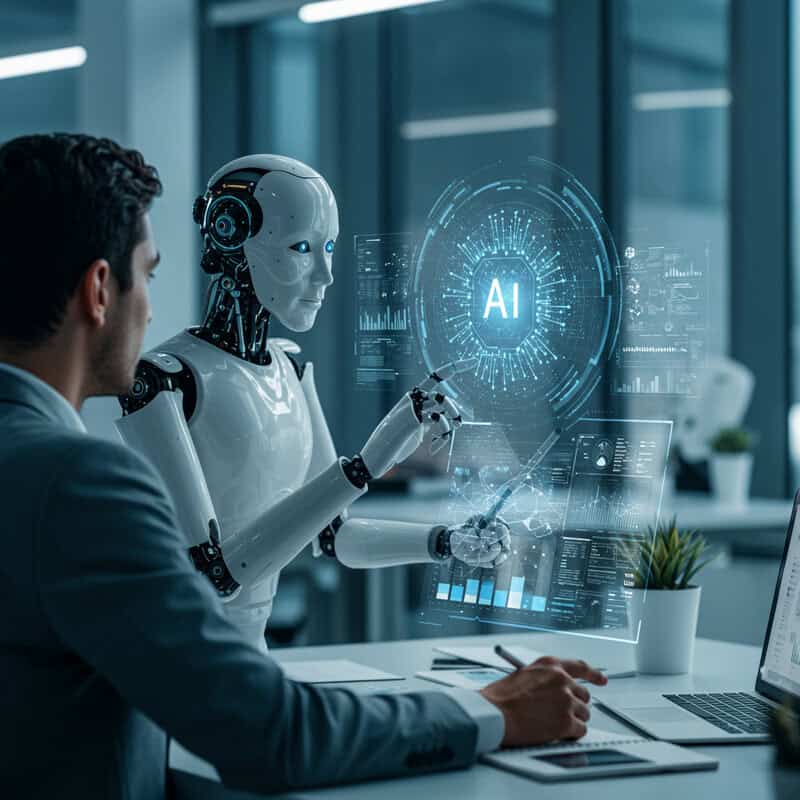
The next decade will see AI evolve from a tool to a true collaborator in decision-making, creative processes, and team-based environments. Human-AI partnerships are already emerging in fields like manufacturing, where collaborative robots (cobots) work safely alongside people, and in finance or healthcare, where human-in-the-loop systems combine AI’s speed with human judgment.
These synergies enhance problem-solving, creativity, and productivity across industries. As AI systems become more intuitive and context-aware, the potential for seamless, effective cooperation will only grow. For more insights, read Harvard Business Review on collaborative intelligence.
Conclusion
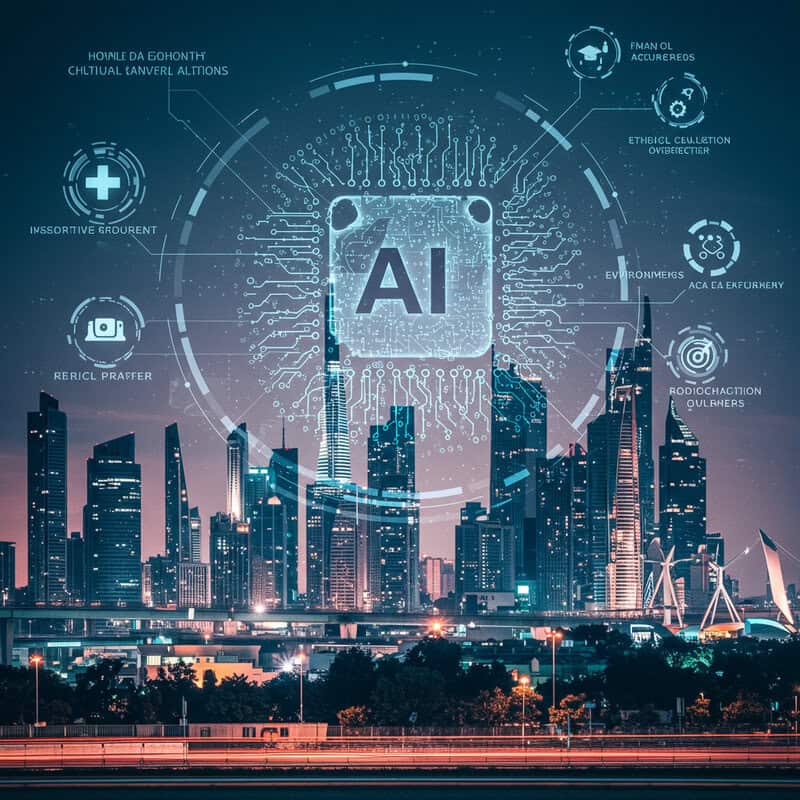
The next decade will be defined by AI’s profound impact on every facet of society, from healthcare and education to finance and environmental stewardship. As AI drives personalization, automation, and global accessibility, it is essential to prioritize ethical practices, responsible innovation, and robust regulatory oversight. Embracing these technologies with foresight and adaptability will ensure that their benefits are maximized and risks are mitigated. For further reading on the future of AI, visit World Economic Forum’s insights on AI transformation.
